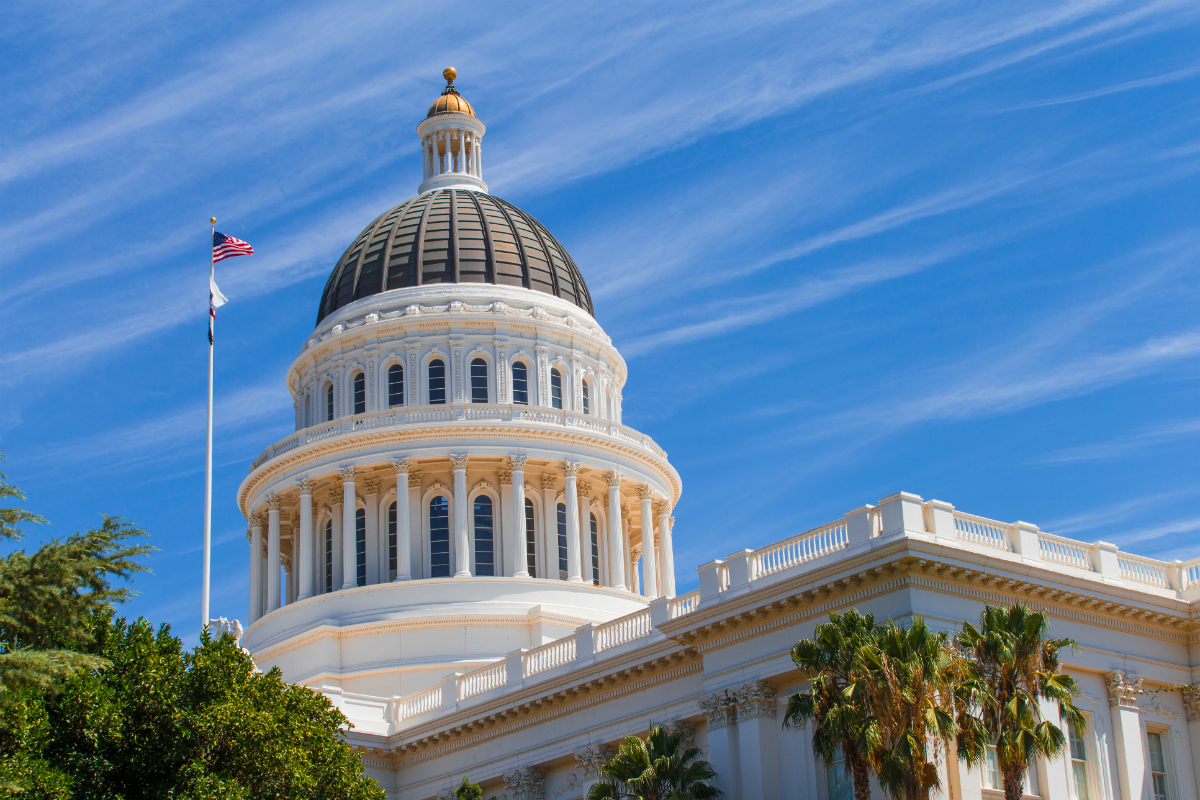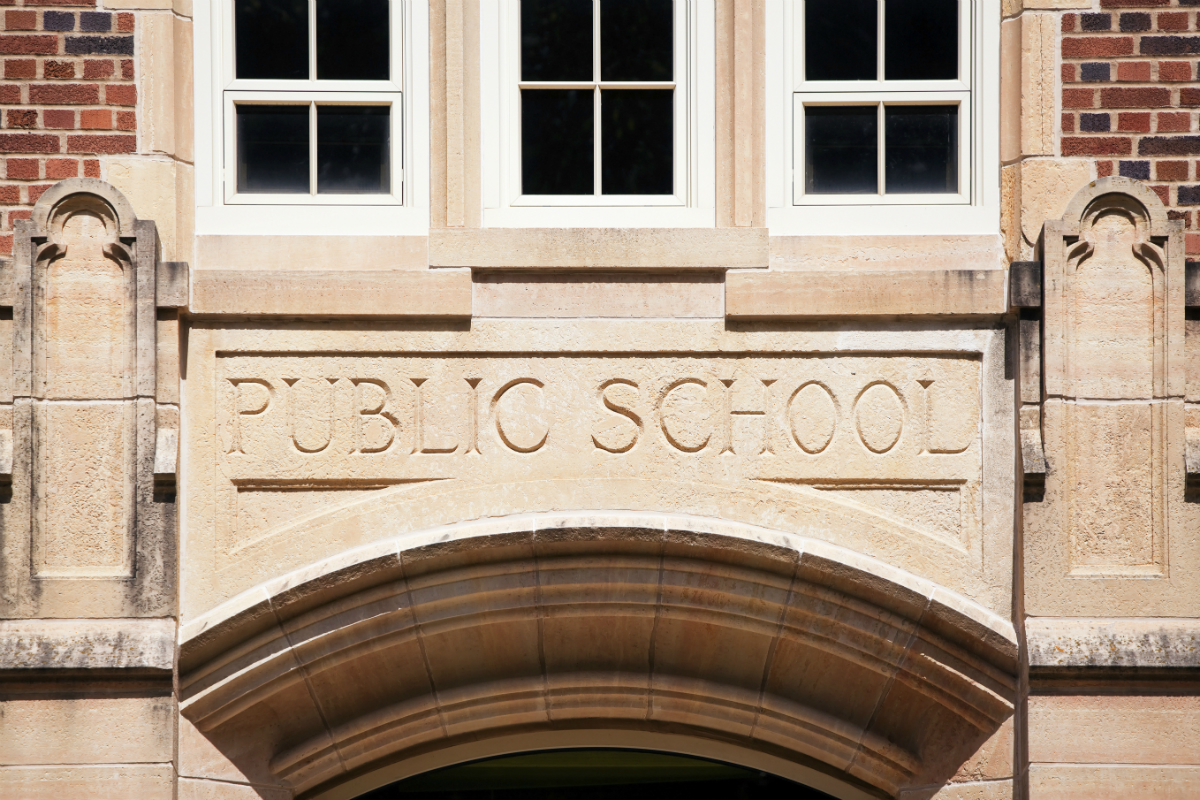By Chris Reefe, CSBA Legislative Director
On Dec. 7, the state’s nonpartisan Legislative Analyst’s Office (LAO) issued its long-awaited Fiscal Outlook for the 2024–25 fiscal year. The report offered a revised — and extremely sobering — projection of the state budget and significantly more detail to the state’s finances based upon newly updated revenues.
Typically released earlier in the fall, the Fiscal Outlook was delayed because of two extensions of the state’s personal income tax filing deadline, which was ultimately postponed until Nov. 15, 2023. According to the LAO, the projected state budget shortfall has increased by $53 billion when compared to the projections used in the development of the current year budget. They estimate that the state is now projected to face a $68 billion deficit in the coming 2024–25 fiscal year — up from $15 billion when the 2023–24 Budget was signed in June.
Reflective of a slowing economy, where personal income, sales and property tax revenues are the “big three” drivers of the state’s revenues, California entered an economic downturn in 2022. According to the LAO, flat consumer spending over the past year, relatively weak job growth, reduced investment in business startups and expansion, lower state income tax collections and increased prices have combined to place significant pressure on the state budget.
In summarizing the state’s financial picture analysts wrote, “California faces a serious deficit. While addressing a deficit of this scope will be challenging, the Legislature has a number of options available to do so. In particular, the Legislature has reserves to withdraw, one‑time spending to pull back, and alternative approaches for school funding to consider.”
Proposition 98 impacts
Through the 2024–25 fiscal year, the LAO estimates that the funding requirement to meet the Proposition 98 Guarantee will drop by $21 billion. However, the LAO notes that the automatic reduction to the guarantee in the current year is closer to $4.3 billion due to a reduction in deposits into the Proposition 98 Reserve Account and other adjustments. To address impacts to schools, the LAO suggests using the Prop 98 Reserve and reducing other one-time funding to help bridge the remaining $16.7 billion gap in the coming year and mitigate the impact the lower guarantee will have on local educational agencies.
CSBA is committed to protecting school funding, as CEO & Executive Director Vernon M. Billy stated when estimates of the budget deficit first emerged during a session on Dec. 1 at CSBA’s Annual Education Conference and Trade Show.
“The latest LAO projections reinforce what many expected — that the state is potentially entering into year-over-year budget deficits. Yet, while some belt tightening is required, it can’t come at the expense of public schools that are facing enormous challenges in the areas of learning recovery, student health and well-being, staffing shortages, school safety, facilities and the expiration of one-time COVID relief funds,” Billy said. “If we use schools to balance the budget, we jeopardize efforts at the local level to boost achievement and address issues like student mental health. Only in recent years has the State Legislature begun to address the decades of disinvestment that undermined California schools and we can’t reverse the progress we’ve started to make at a critical time for public education.”
As the Governmental Relations team continues to assess the projected budget deficit and its impact on California’s public schools, CSBA will continue to keep you informed of the developments surrounding the budget and opportunities to advocate on behalf of California’s students.




